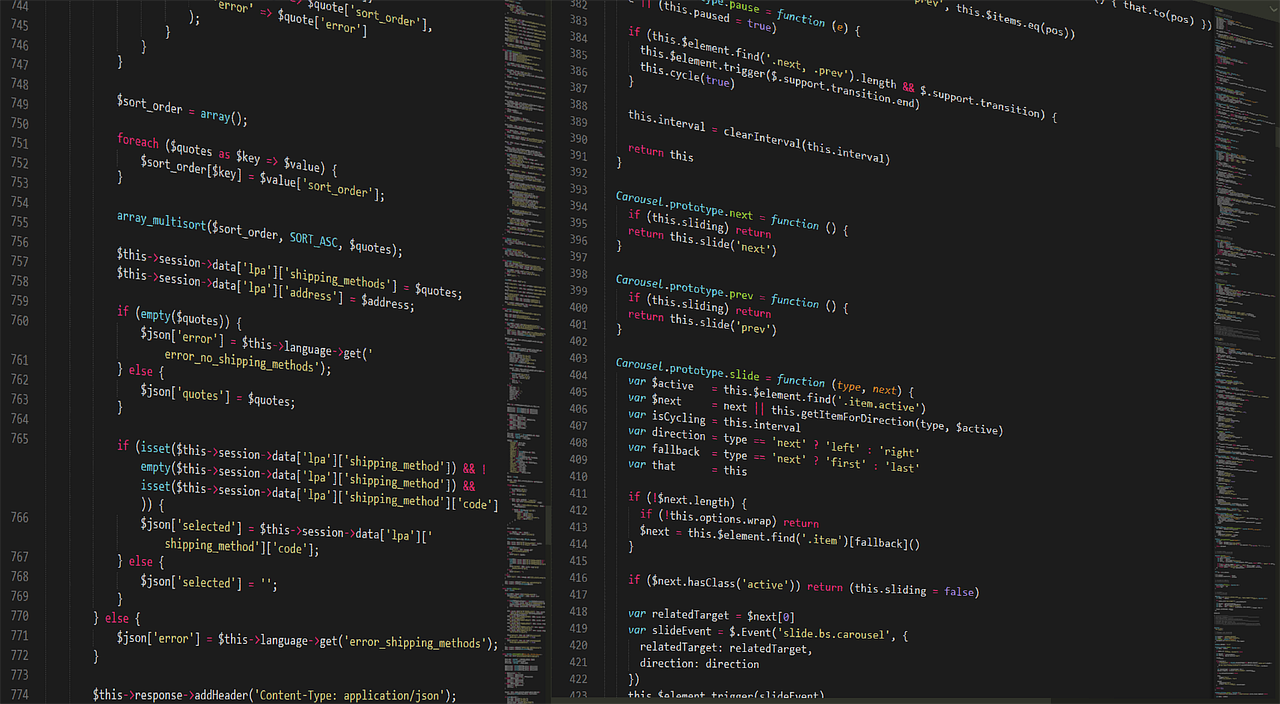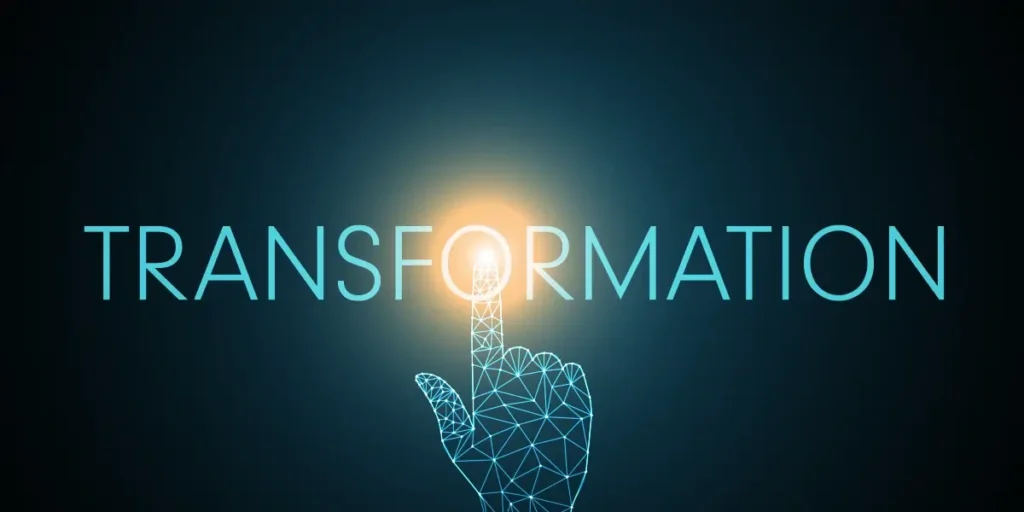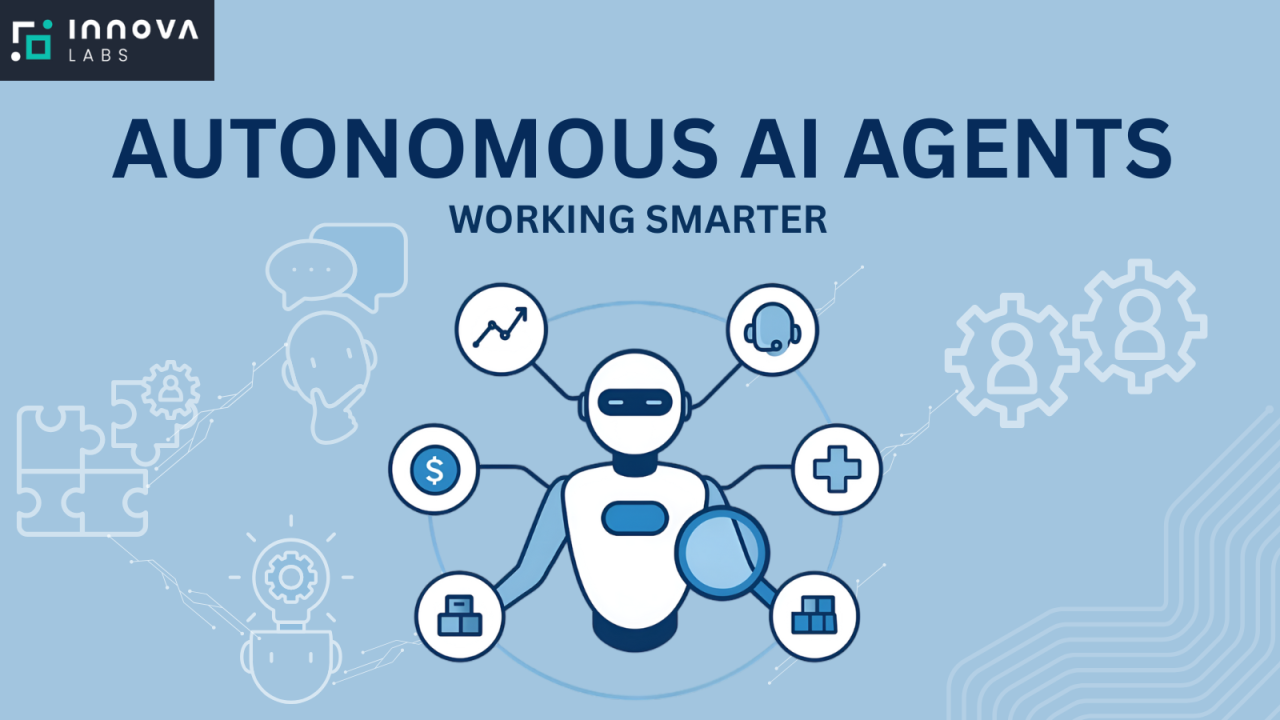ChatGPT Code Generator 2025
Artificial Intelligence has come a long way—and 2025 marks a milestone in software development history. No longer just a writing tool or chatbot, ChatGPT has evolved into a powerful code generator, changing how developers and non-developers approach software creation. Whether you’re a professional programmer or a curious beginner, the ChatGPT Code Generator 2025 offers a groundbreaking way to write, test, and deploy code faster than ever before.
But what exactly makes the 2025 version of ChatGPT so powerful? How can you use it to build real-world applications, solve bugs, automate repetitive tasks, and even learn new programming languages?
Let’s dive deep into how ChatGPT Code Generator 2025 is transforming the future of coding—one prompt at a time.
📌 Table of Contents
-
What is ChatGPT Code Generator 2025?
-
How It Has Evolved Since 2023
-
Benefits of Using ChatGPT for Code Generation
-
Supported Languages and Frameworks
-
Real-World Use Cases
-
How to Use ChatGPT Code Generator Effectively
-
Best Prompts to Generate Code in 2025
-
Integrating ChatGPT with IDEs and DevOps
-
Limitations and Ethical Considerations
-
Future Outlook: Is AI Replacing Developers?
🧠 What is ChatGPT Code Generator 2025?
The ChatGPT Code Generator 2025 is more than just an AI that writes code—it’s an intelligent programming assistant that can:
-
Understand complex logic in natural language
-
Generate optimized, secure, and scalable code
-
Collaborate with developers in real-time
-
Offer contextual debugging
-
Create full-stack applications end-to-end
Built on the GPT-4.5/o4 architecture with advanced reasoning and memory, ChatGPT can now understand your entire project context, remember your style preferences, and even make smart suggestions based on your previous interactions.
🔄 How It Has Evolved Since 2023
In 2023, ChatGPT could generate simple code snippets and answer questions. But it had several limitations—context window, hallucinations, and lack of real-time testing.
By 2025, here’s what’s improved:
-
Contextual Awareness: It can now remember your previous prompts and carry context across entire projects.
-
Multi-File Project Support: ChatGPT can generate and manage multi-file project structures (e.g., a full MERN stack app).
-
Integrated Debugging: It suggests real-time fixes and explains bugs with inline annotations.
-
Plugin & API Extensions: Integrated with GitHub, Replit, VS Code, and cloud services like AWS/GCP.
-
Voice and Visual Inputs: You can now describe your app or even draw UI layouts, and ChatGPT will code it.
✅ Benefits of Using ChatGPT
1. Speed & Efficiency
Tasks that used to take hours now take minutes. Want to build a login form? A few prompts and you’re done—with validation, styling, and security built-in.
2. Learning by Doing
New to programming? Ask “What does this code do?” and ChatGPT will explain it like a teacher, not a textbook.
3. Cost Savings
Startups and solo devs can now prototype MVPs without hiring large teams. ChatGPT acts as your designer, backend engineer, and DevOps expert.
4. Cross-Language Support
Switch from Python to Go? Just say, “Convert this logic to GoLang,” and you’ve got working code in seconds.
5. Creative Collaboration
You can co-create apps. ChatGPT takes your ideas and turns them into functional modules—and improves them.
🌐 Supported Languages and Frameworks in 2025
The 2025 version of ChatGPT supports a wide range of languages, libraries, and frameworks:
-
Frontend: HTML, CSS, JavaScript, React, Vue, Angular, TailwindCSS
-
Backend: Node.js, Express, Python (Flask, Django), PHP, Ruby on Rails, Go, Java (Spring)
-
Databases: MySQL, PostgreSQL, MongoDB, Redis, SQLite
-
Mobile: Flutter, React Native, Swift, Kotlin
-
DevOps: Docker, Kubernetes, GitHub Actions, Terraform
-
AI/ML: Python (TensorFlow, PyTorch), ONNX, LangChain
-
APIs: REST, GraphQL, WebSockets
This versatility makes ChatGPT a universal code companion.
💡 Real-World Use Cases
Let’s explore some powerful applications of ChatGPT Code Generator in 2025:
1. Building Full Web Applications
Prompt:
“Build a React frontend with a Node.js backend and MongoDB database for a to-do app with user login.”
ChatGPT will create:
-
File structure
-
API routes
-
Authentication logic
-
MongoDB schema
-
React components
You’ll even get deployment instructions!
2. Automating Data Processing Scripts
Want to analyze CSV files?
“Write a Python script that loads a CSV, removes null rows, and generates summary statistics.”
You get a complete, ready-to-run script with explanations.
3. Debugging Complex Codebases
Upload your code and ask:
“Why am I getting a CORS error in my React app?”
ChatGPT provides step-by-step debugging, explains browser restrictions, and helps update your Express server headers.
4. Generating Test Cases
Prompt:
“Write unit tests for this Python function using pytest.”
You’ll get not only the tests but also explanations of edge cases.
5. API Documentation
Paste your API code and ask:
“Generate OpenAPI spec and markdown documentation.”
Perfect for clean, developer-friendly APIs.
✍️ How to Use ChatGPT Code Generator Effectively
1. Be Specific
General prompts = general answers. Say:
“Build a Flask app with user registration, login, and password hashing.”
2. Break Large Tasks
Split big projects into smaller chunks. Start with models, then APIs, then frontend.
3. Use Follow-Up Questions
“Now make this responsive.”
“Add error handling.”
“Optimize for SEO.”
Iterate as if you’re pair-programming.
4. Use File Uploads (Pro users)
Paste code files directly or upload zipped folders for context-aware suggestions.
5. Verify Everything
ChatGPT is smart—but not infallible. Always test and validate before deploying.
🔑 Best Prompts for Code Generation in 2025
Here are top prompts used by developers today:
-
“Create a REST API with CRUD operations in Express.js.”
-
“Build a single-page portfolio site with smooth scroll and dark mode.”
-
“Convert this Python list comprehension to a for loop.”
-
“Explain this SQL query: SELECT * FROM users WHERE age > 25.”
-
“Optimize this function to reduce time complexity.”
Want the best results? Try combining them with context:
“Given that I’m using MongoDB, generate a secure login route.”
🛠️ Integration with IDEs, GitHub & DevOps
In 2025, ChatGPT is not limited to just a web browser. It integrates directly with tools like:
-
Visual Studio Code: Inline code suggestions, real-time fixes, refactoring
-
GitHub: Pull request review, commit message generation, code analysis
-
Jupyter Notebooks: Data explanations, chart generation
-
Replit: Real-time coding with autocomplete + explanations
-
Cloud Platforms: Generate Terraform scripts or Kubernetes configs and deploy via CLI
You’re no longer alone while coding. ChatGPT is now part of your team.
⚠️ Limitations and Ethical Considerations
Despite its power, the ChatGPT Code Generator still has boundaries:
-
Doesn’t Understand Emotion: It can’t tell if your app idea is good or bad—it just builds it.
-
Security Concerns: Not all generated code is secure. Always audit before deploying.
-
Plagiarism Risk: Use responsibly; always customize generated content.
-
Legal Restrictions: Generated code might resemble open-source projects—check licenses.
AI helps you code smarter, but ethical responsibility still lies with the human.
🔮 Future of Coding: Will AI Replace Developers?
This is the big question.
The short answer? No.
The better answer? AI won’t replace developers, but developers who use AI will replace those who don’t.
ChatGPT in 2025 is like the calculator for the coding world. It handles repetitive, boilerplate, and even complex tasks—so you can focus on creativity, architecture, and problem-solving.
What used to take a team of five can now be prototyped by one person—with AI as a co-pilot.
📈 SEO Keywords to Target
-
ChatGPT Code Generator 2025
-
AI coding assistant 2025
-
Generate code with ChatGPT
-
ChatGPT for full-stack development
-
ChatGPT for programming
-
ChatGPT coding tool
-
AI for software development 2025
-
Build apps with ChatGPT
-
ChatGPT IDE integration
-
ChatGPT for debugging code
🧾 Final Thoughts
The ChatGPT Code Generator 2025 is more than just a tool—it’s a new way of thinking about code. It empowers solo devs, supports learners, accelerates startups, and challenges traditional coding workflows.
Whether you’re building a SaaS product, learning Python, automating a workflow, or just experimenting—ChatGPT makes it easier, faster, and more fun.
Welcome to the future of software development.





